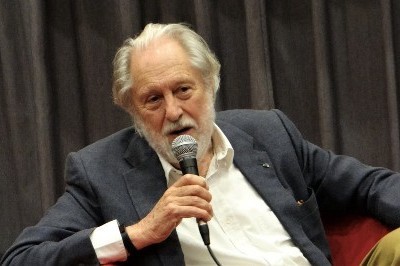On Wednesday, the House of Lords debated ongoing discussions between the British government and the EU with regards to the Brexit Withdrawal Agreement. During the debate, Lord Puttnam made an intervention on the fragile relationship between Britain and the Republic of Ireland, and the prospect of future trade deals with the United States:
"My Lords, like the noble Lord, Lord Cope of Berkeley, this is the very first time I have inflicted my views on your Lordships’ House on what is without doubt the gravest matter I have faced in the 20 years I have been here and probably in my lifetime. I have a number of reasons for not having previously spoken on the subject. In the first place, I was not sure there was much I could offer that was new and illuminating. Secondly, I continued to hope that the Government, and indeed the leadership of my own party, would do a better job of steering clear of the self-destructive path that both, in their different ways, seem to be taking.
I have always shared the common view that Britain was a pragmatic, sensible country with an instinctive aversion to extremism, be it of the right or the left. It is now clear that I was wrong on just about all counts. This has led me to conclude that I do in fact have one or two fresh observations to offer. For once, time allows me to put those thoughts into context. On this occasion, context is particularly important.
Like one or two other Members of your Lordships’ House I am a mongrel. My mother’s family were immigrants from Russia and my father’s family were French—albeit they arrived as invaders on these shores 953 years ago. Our family home is in west Cork in the Republic of Ireland, where, for 30 years, I have enjoyed watching the relationship between my country of birth and my country of adoption grow ever closer. Sadly it is now clear that relationship is dangerously deteriorating.
For the past 50 years I have also run my own business, working in and indeed with the United States, during which I have made literally hundreds of trade deals. Most recently I spent four years as the UK’s trade and cultural envoy in south-east Asia, all of which allows me the conceit of believing that I know a fair bit more about the effects of Brexit on Ireland and the business of negotiating, most especially in the United States, than the current Minister for International Trade, Dr Liam Fox. From time to time I hear him and others speaking rather airily of a special relationship—that post Brexit we will be free to make the mother of all trade deals with the US. This belief is either a cruel fantasy or a deliberate falsification of what the best of his department know to be the truth.
“The chief business of the American people is business”.
That is not just a speech line dreamed up in 1925 by Calvin Coolidge; there is also a deep truth attached to it. No matter how close you may personally feel to an American business counterpart, when you sit across the negotiating table, all notions of a special relationship go out of the window and new rules apply. My friend the noble Lord, Lord Saatchi, knows well of what I speak.
The first of those rules is that only a fool allows the other side to know where their red lines are drawn. The art of the deal is discerning where the other side’s red lines are in order to begin to assemble your own. Having done so, the second rule is keeping them to yourself. We somehow managed to break both rules within months of the referendum. We have been trying to haul ourselves back from that absurd position ever since. I used to believe—no, I used to assume—that we had some of the finest minds in the world working in our Foreign Office, a number of whom have presumably been seconded to the task of attempting to fulfil our new trade fantasies.
As he takes note, I would like to throw a few questions at the Minister. I ask him to respect the House by offering a thoughtful response to them. As Dr Fox dreams of improving on the EU’s trade arrangements with the US, is he aware that around 40 million Americans claim Irish roots and in most cases actually describe themselves as Irish-Americans? That is 12.9% of the total population and close to 20% of the voters in the crucial north-western swing states of Pennsylvania, Vermont, New Hampshire, Maine, Massachusetts and Connecticut. Is he also aware that no fewer than 63 US Congressmen and Congresswomen are members of the Friends of Ireland caucus, most of whom have direct Irish heritage? Did he know that US Senators Cantwell, Casey, Cassidy, Collins, Cruz, Durbin, Enzi, Kaine, Kennedy, Leahy, McConnell, Murkowski, Murphy, Murray, Sullivan and Toomey all have direct Irish heritage—that is, nine Republicans and seven Democrats? I will leave it to Dr Fox and those who advise him to work out the electoral consequences of a situation in which this country was rightly held responsible for severe disruption and maybe even disaster to the Irish economy on both sides of the border.
With the 2020 US elections just 20 months away, how would the Minister fancy the chances of a Senator or a Member of the House of Representatives who was felt to have in any way supported Britain in heaping misery on the Irish economy? As he prepares his response, I am sure that he feels that he can safely take refuge in an assurance that the Government have no intention of damaging the Republic of Ireland or its economy. But does he seriously believe that right now that perception holds good in Dublin, in Brussels or, crucially, in Washington?
I can confidently make him one promise. Should we crash out or endanger the Good Friday agreement, either accidently or through sheer ineptitude, then all the blame will lie with us. We will not be forgiven—not in Ireland, not in Europe and, politically at least, not in the United States. There will be no point in sending Boris Johnson off to attend a St Patrick’s Day parade wearing a green leprechaun hat, because Dr Fox is likely to find what he believed to be a friendly Congressional door slammed firmly in his face.
That is the purely political reality. But on any number of other fronts we are already discovering powerful lobbies in the US seeking preferential treatment in areas such as food safety standards, demands that are totally incompatible with our own established norms. Is Dr Fox, a medical doctor, going to suggest for one moment that we downgrade our own health and safety standards to close a trade deal? It is unthinkable.
Our Minister for International Trade has developed a habit of trying to retrofit his ideological preferences to imaginary world scenarios. However, despite small successes with Switzerland and Singapore, real life will surely close in, and he will be found to be what the Americans refer to as a blowhard.
John Harris, the Guardian columnist, wrote yesterday of his recent encounters with real life on both sides of the Irish border:
“Just about everyone I met knew perfectly well that Theresa May’s travails over the so-called backstop are the product of politicians and voters elsewhere forgetting about the island of Ireland, only to be reminded that for the people who live there, Brexit represents a profound set of dangers. No one was that surprised about this amnesia, but many were very angry about it”.
I am one of them. I am very angry. I am angry because most of the public discourse regarding the backstop, particularly from the ERG, has revealed a staggering level of either pig ignorance or malicious disregard, and I am not quite sure which is worse. As Harris wrote, Brexit is a,
“Pandora’s box, brimming with unforeseen consequences”.
Ever the optimist, my final question to the Minister is this. What specific plans do his Government have for healing the wound we have managed to inflict on our closest geographical and cultural neighbour, once all this present madness is behind us? It would be very wrong for him to either ignore this point or resort to any form of bland assurance, because, either knowingly or unthinkingly, enormous damage has already been done, and we will have to work very hard and with great imagination to recover the relationship that was so brilliantly forged by Her Majesty the Queen less than eight years ago, in May 2011. But even then, we will still be left with the question that many of us are forced to ask: was all this pain necessary? Was it really worth it? I profoundly believe it to be in the national interest to support the Motion of my noble friend."
Source: Hansard
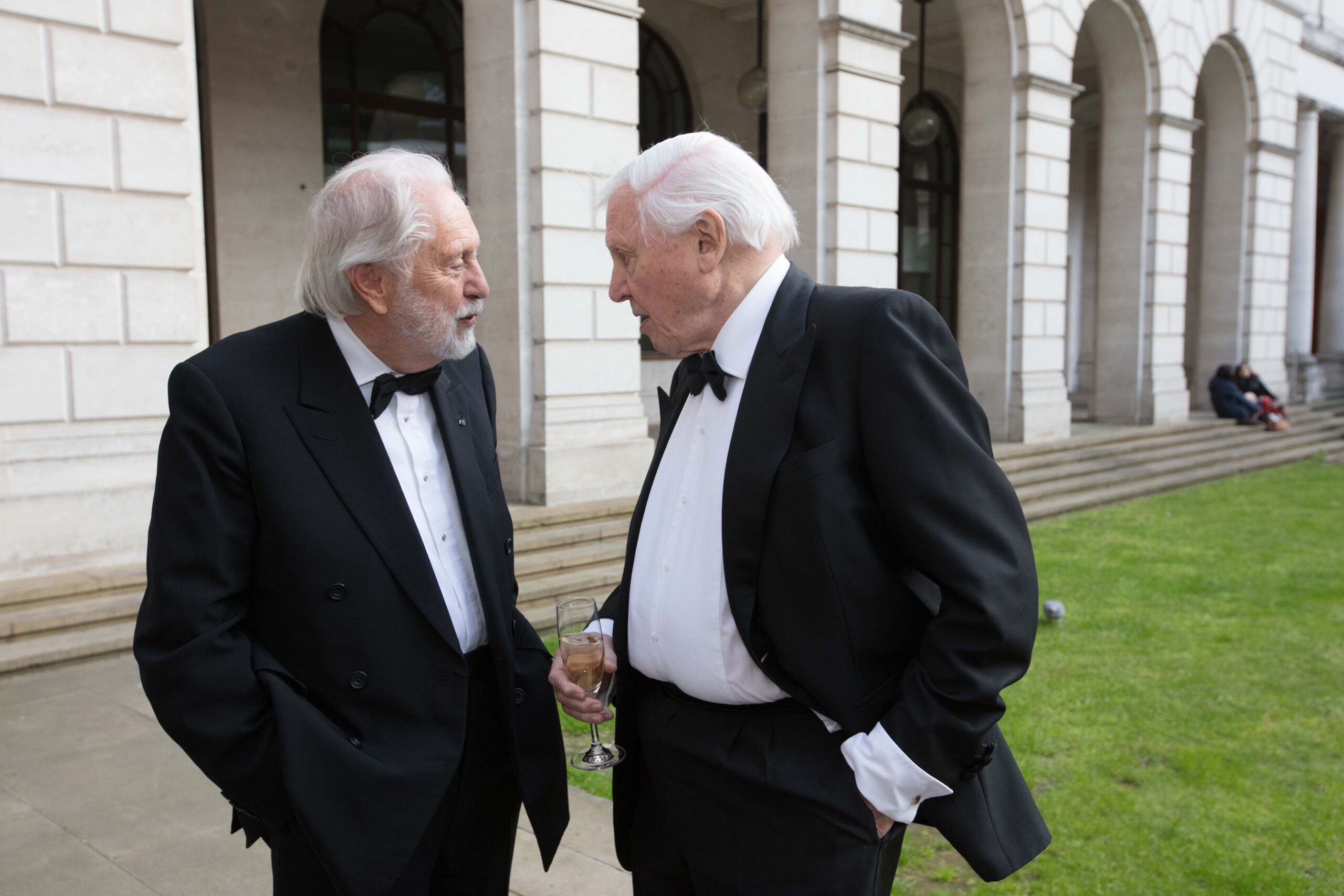


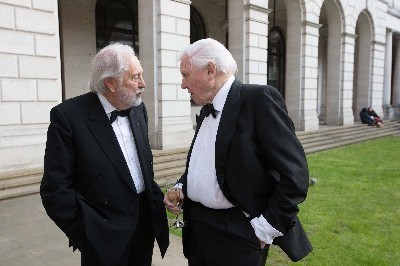
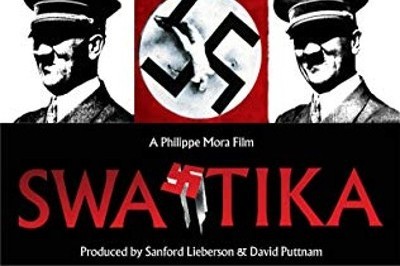
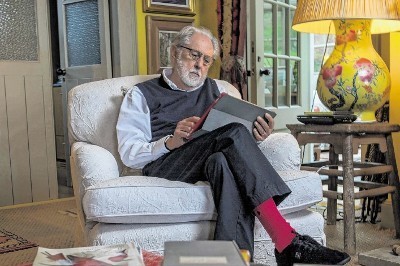

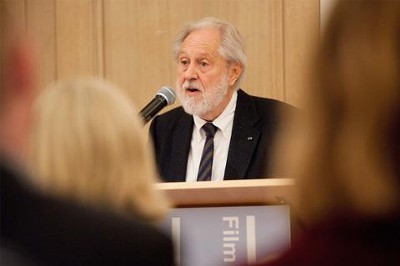
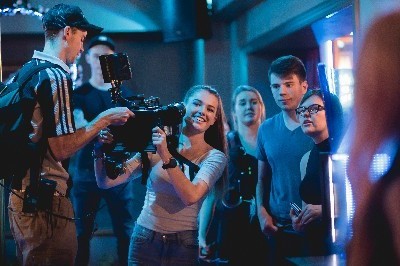



 Fellow Bachelor of Film and Screen Production graduate Shay-Lee Smith said she was overwhelmed to have won the scholarship.
Fellow Bachelor of Film and Screen Production graduate Shay-Lee Smith said she was overwhelmed to have won the scholarship.
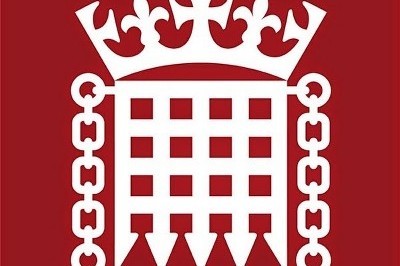
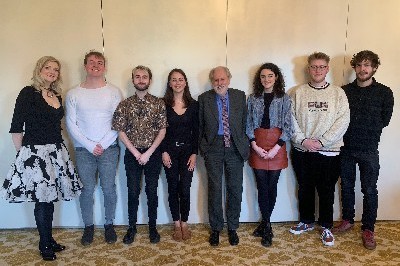

 Eli Dolliver is a final year BA Film and Screen Media student, who is passionate about film, from independent art house cinema and hard-hitting documentaries to sci-fi, and horror movies.
Eli Dolliver is a final year BA Film and Screen Media student, who is passionate about film, from independent art house cinema and hard-hitting documentaries to sci-fi, and horror movies.  Andy Killian is a final year Civil Engineering student at UCC and something of a Renaissance man. Self-taught in guitar, bass guitar and synth, he is classically trained in piano and has been composing music since he was 13. He plays drums in the band Pretty Happy and guitar in the band Selkies. He has self-produced an EP and an album under his own name and won the UCC singer-songwriter competition as Glassy Overture in 2018.
Andy Killian is a final year Civil Engineering student at UCC and something of a Renaissance man. Self-taught in guitar, bass guitar and synth, he is classically trained in piano and has been composing music since he was 13. He plays drums in the band Pretty Happy and guitar in the band Selkies. He has self-produced an EP and an album under his own name and won the UCC singer-songwriter competition as Glassy Overture in 2018. Liam Fleming is a final year student in UCC’s pioneering BA in Digital Humanities and Information Technology. He recently returned from his third year abroad in Nanyang Technological University, Singapore, where he studied interactive media modules including game design and immersive sound, while also dabbling in animation and filmmaking.
Liam Fleming is a final year student in UCC’s pioneering BA in Digital Humanities and Information Technology. He recently returned from his third year abroad in Nanyang Technological University, Singapore, where he studied interactive media modules including game design and immersive sound, while also dabbling in animation and filmmaking. Ben Whyte O’Callaghan is a final year BA Film and Screen Media student from Blackrock, Cork. He comes from a sporting family, but his true passion is storytelling. He was introduced to the world of film through classic westerns, by his grandfather.
Ben Whyte O’Callaghan is a final year BA Film and Screen Media student from Blackrock, Cork. He comes from a sporting family, but his true passion is storytelling. He was introduced to the world of film through classic westerns, by his grandfather. Oisín O’Driscoll is a recent graduate of the BA Film and Screen Media in UCC. He is from Fermoy, County Cork and comes from a family of designers and musicians.
Oisín O’Driscoll is a recent graduate of the BA Film and Screen Media in UCC. He is from Fermoy, County Cork and comes from a family of designers and musicians.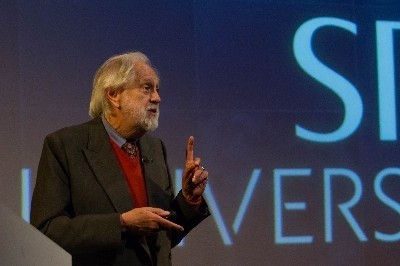

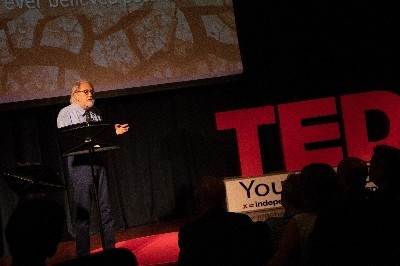
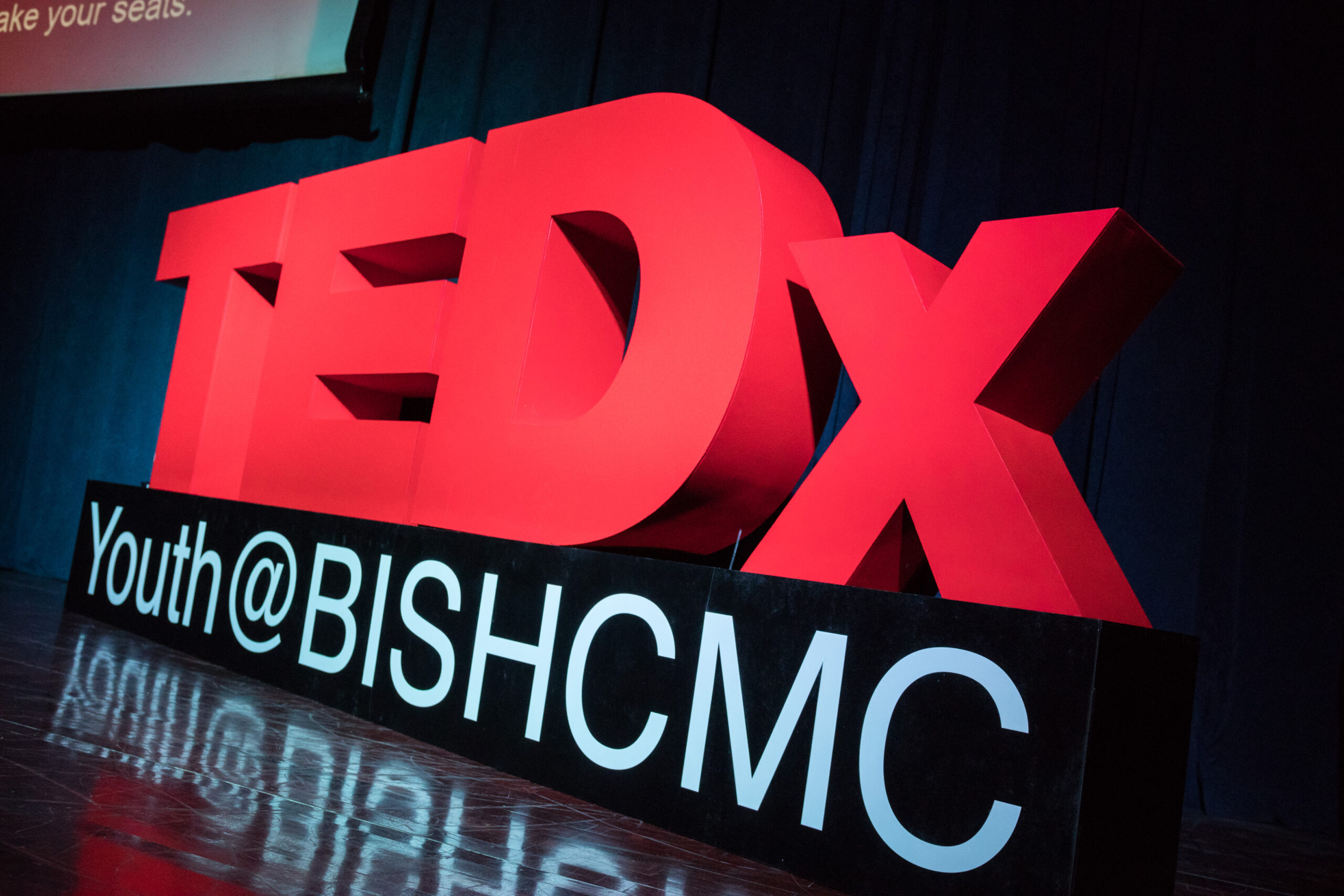
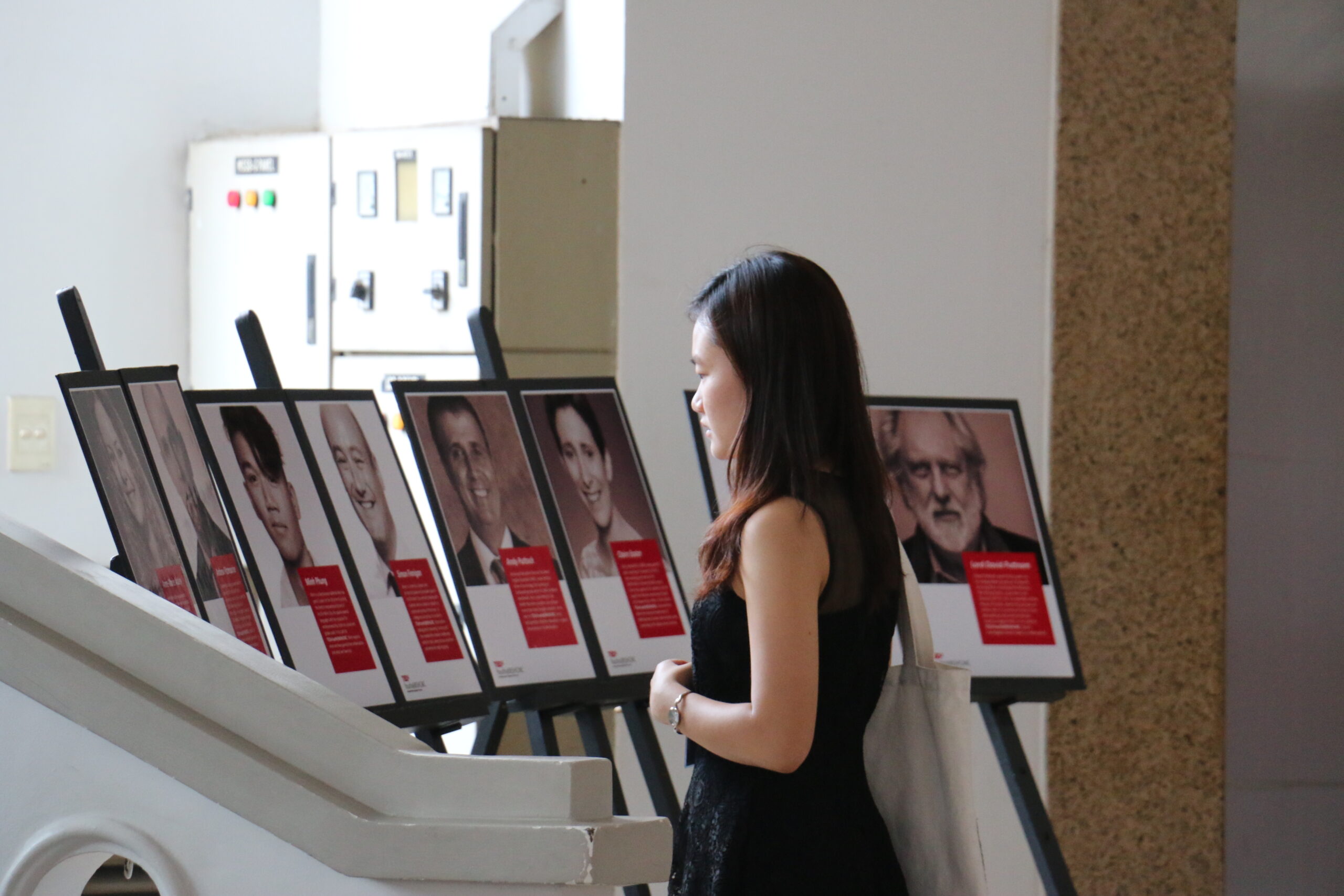

 TEDx being TEDx, it did not stop at remarkable and humbling speeches. The BIS HCMC audience was immersed full throttle into the hustle and bustle of a typical Ho Chi Minh City street. Lead by the keen creative eye of Ms Anne-Marie Astley, guests heard from the experiences of those living and growing up in this city, how it has changed and how it is turning to new direction.
TEDx being TEDx, it did not stop at remarkable and humbling speeches. The BIS HCMC audience was immersed full throttle into the hustle and bustle of a typical Ho Chi Minh City street. Lead by the keen creative eye of Ms Anne-Marie Astley, guests heard from the experiences of those living and growing up in this city, how it has changed and how it is turning to new direction.
